The Mysterious Disappearance Of Jung Ho Kang
Born in Gwangju, South Korea and spending several years growing his game in the Korean Baseball Organization, Jung Ho Kang stood on the brink of something special when he made the jump to Major League Baseball.
He was the first position player (non-pitcher) to sign an MLB contract out of the KBO, and in his debut playing baseball in America, he looked poised to become a star.
But five years later, he was out of the league entirely.
So what happened to Jung Ho Kang, a once very promising player brought in at the height of the Pirates’ brief bout of relevancy?
Kang made his professional debut in 2006 for the Hyundai Unicorns after being drafted by them in the second round. He struggled to break through in his early years however, appearing in only 30 total games over his first two years in the KBO.
In 2008, Hyundai sold the Unicorns, who subsequently went defunct, and were replaced with a new team, the Woori Heroes (starting in 2010 they would be known as the Nexen Heroes), which provided Kang an opportunity to get a major increase in playing time. Kang became the starting shortstop for the Heroes and played in 116 games, sporting a .271 batting average with 8 HRs and 47 RBIs.
His batting average would increase to .286 in 2009 and .301 in 2010, and continued to put up solid numbers for the Heroes.
Coming off of the best season of his KBO career in 2014, Kang was a highly coveted free agent when he decided to try his hand at Major League Baseball. Kang put up a .356 batting average in 2014 with 40 home runs and 117 runs batted in.
In December of 2014, the Pirates won the rights to negotiate with Kang for an MLB contract. For KBO players attempting to join MLB, they must join the “posting system.” To be eligible for the posting system, a player must have spent at least seven years in the KBO. From there, when a player is “posted,” MLB teams have a four day window to place bids for exclusive negotiating rights to the player.
If the KBO team accepts the winning bid, the KBO player and MLB team then have 30 days to hammer out a contract. If an agreement is reached, the KBO team receives the bid as a transfer fee, and that player is now free to play in MLB.
The winning bid the Pirates submitted for Kang was over $5 million in US dollars, which was equivalent to $5.5 trillion in South Korean won.
The Pirates, after winning the rights to Kang, soon signed him to a four year deal worth $11 million, with a team option for a fifth year.
The Pirates were looking to add some depth at shortstop, and gave Kang a shot to compete with Jordy Mercer for the starting job.
Kang showed potential in Pittsburgh’s training camp, and would go on to appear in 126 games for the Pirates in his rookie year. Mercer had shifted over to play second base.
On April 4, 2015, Kang recorded his first MLB hit. Two and a half weeks later on April 21, he would tally his first RBI, and on May 3, Kang smashed home his first home run.
Kang’s rookie season was impressive, showing real promise for his MLB career. He was rising in popularity and quickly became a fan favorite in Pittsburgh.
Unfortunately for Kang, his season would be cut short when Chicago Cubs base runner Chris Coghlan slid into Kang harshly in an attempt to disrupt a double play.
Kang suffered a fractured leg and a torn MCL as a result of the collision, and soon after was placed on the 60-day injured list, which forced him to miss the remainder of the Pirates’ regular season and their playoff action (that’s right, I said playoff action).
In the eyes of some, the play by Coghlan was unnecessary—by the time Coghlan was in range to slide, Kang was well off the base (having already tagged it), meaning Coghlan had to raise his leg up and out to make contact with Kang.
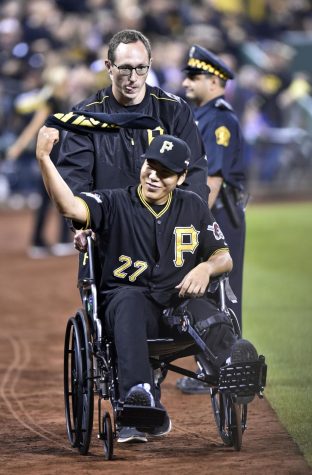
Chicago Cubs manager Joe Maddon insisted in comments after the game that an apology was not needed, and that he did not believe that Kang’s injury was to his knee, but instead he heard it was “plantar fasciitis.”
During the pregame ceremony in Pittsburgh before the NL Wild Card game (ironically against the Cubs), Kang made an appearance with the team, using the aid of a wheelchair. The crowd erupted in cheers and gave Kang a standing ovation.
Despite his season being cut short, Kang placed third in voting for the National League Rookie Of The Year. He was 5th on the Pirates in both home runs (15) and runs batted in (58), and was in a three way tie for third place in batting average at .287 with Starling Marte and Josh Harrison.
Kang continued to work through his injury, and in May of 2016, made his season debut for Pittsburgh. Kang hammered two solo home runs that contributed to a 4-2 Pirates win. Through the first two months of his return, Kang tallied 11 home runs and 28 RBIs in 44 total games.
But Kang’s impressive comeback would soon be darkened.
In July of 2016, news broke that Kang had been accused of sexual assault. A Chicago woman had alleged the assault happened while Kang and the Pirates were in town to take on the Cubs. Kang had not been formally charged, but Chicago police labeled him a “person of interest” in the case.
At the time of the news, Pirates President Frank Coonelly said as part of a statement to the Chicago Tribune “We have and will continue to cooperate fully with the Commissioner’s Office. As a result of the ongoing police investigation, we cannot comment further at this time. We have also advised our staff and our players that they should not comment on the matter either. We all need to be respectful to the police investigation of a very serious allegation.”
Kang played during the investigation, which had hit a lot of bumps in the road and sort of slipped under the radar. His home run pace had slowed dramatically as the Pirates season started to falter.
Pittsburgh slipped below .500 in late June. They were able to battle back and stay above .500 for all of July (minus the first three days of the month), but several losing streaks in late August and September sank the Pirates’ season.
In September, Chicago police said they were “seeking clarification on several items” but that they could not find the accuser of Kang. Chicago police back in July had said in an incident report that the alleged victim did not initially cooperate with investigators of the case.
“We have additional questions for the victim but she has not made herself available to police,” Anthony Guglielmi, spokesperson for Chicago police said.
At the time, Guglielmi said that the investigation was ongoing, but nothing else would surface and Kang would not face any charges.
Towards the end of the season, Kang was involved in an incident with star Bryce Harper and the Washington Nationals. During a game in Pittsburgh, Harper hit a pitch deep into the right corner of the field and was rounding second base when Pirates outfielder Josh Bell threw the ball towards the infield. The throw from afar was well off, nowhere near Kang, who was playing third base that day.
Washington’s third base coach was advising Harper not to slide into the base, but Kang pretended that the throw had come right to him, and motioned his glove to fake getting ready to tag him out at third base, hoping to discourage Harper from trying to run home. Unbeknownst to him, Kang did not have the ball. Harper awkwardly slid into the base, injuring his hand in the process.
Critics of the play said that Kang violated etiquette of the game and the unwritten rule of not faking to tag someone out, while those more ambivalent said that Kang made a savvy move and that Harper should not have tried to slide.
In the next inning, when Kang was up to bat, Nationals pitcher AJ Cole seemingly intentionally threw the ball at Kang, which went behind him. The pitch sent the crowd into a flurry of boos. The umpire ejected Cole on the spot, and dugouts and bullpens of both the Pirates and Nationals met on the field. Pirates outfielder Sean Rodriguez was also elected in the ensuing man pile.
After the game, Kang defended himself, saying “First of all, I meant no harm. During the relay play, I tried to hold the runner on third base. That’s all I tried to do.”
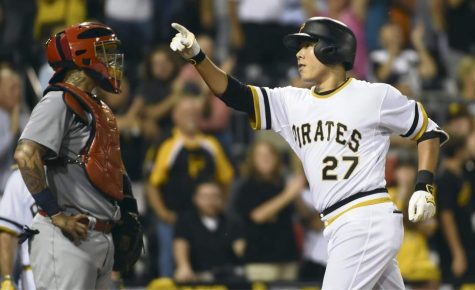
Kang finished his 2016 season appearing in 103 games, hitting 21 home runs and 62 RBIs with a .255 batting average.
In December of 2016, Kang faced charges in South Korea for crashing a car while driving under the influence of alcohol and then fleeing the scene. Police said that Kang’s blood alcohol level was 0.084 percent, above South Korea’s limit of 0.05. A friend of Kang’s initially claimed he was the one who was driving the car, but this was proven false after video footage showed Kang as the driver.
The DUI was Kang’s third in South Korea since 2009, and he was given an eight-month suspended sentence from the Central District Court in Seoul, a sentence he could avoid if he was not arrested for another DUI in the next two years. Prosecutors fought for a simple fine but the court disagreed.
The ordeal caused him to be left off of South Korea’s roster for the 2017 World Baseball Classic.
His trial and sentencing also caused him to miss the start of the Pirates’ spring training for 2017, and soon after it was reported that Kang was denied a visa to enter the United States, forcing the Pirates to place him on the Restricted List.
After appeal, the court upheld Kang’s punishment in May, which effectively ended both his and the Pirates hopes of him being able to come to the US in 2017.
Kang would be able to travel to the Dominican Republic however, where he wound up in the Dominican Professional Baseball League for their 2017-18 winter season as a member of the Águilas Cibaeñas. He had a terrible go with the club, batting a .143 average. His struggles led to the team releasing him after 24 games.
In April of 2018, Kang was able to successfully obtain a visa, and looked to rebound from his rough 2017. In June, the Pirates activated him off the Restricted List and optioned him to their triple-A affiliate in Indianapolis. Kang committed to staying sober and focusing on rejoining the Pirates. Kang would spend the vast majority of the 2018 campaign with Indianapolis, until the Pirates called him up with only a handful of games remaining in their season.
He would play in Pittsburgh’s last three games of the season, now wearing number 16. Kevin Newman had taken 27 during Kang’s absence.
During the ensuing offseason, the Pirates declined the fifth year option in Kang’s contract, making him a free agent, but a week later, the Pirates would re-sign him to a one year deal worth $3 million in salary and up to $2.5 million in performance bonuses. Had Kang reached all of the incentives, he would have made the same amount of money he would have if the Pirates’ picked up his fifth year option.
Starting the 2019 season, Kang went into spring training battling with Colin Moran for the starter’s job at third base, and after an impressive spring training, the Pirates named Kang their starting third baseman.
In his first week in a regular role with the Pirates, Kang hit his first home run in three years in a game the Pirates would ultimately lose in extra innings, but Kang’s success would soon stall out.
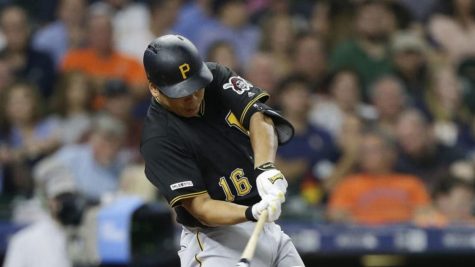
Kang would suffer several slumps that led to him having a .169 batting average with Pittsburgh, and in early August, the Pirates decided to cut their losses. In his last start as a Pirate, Kang went 0 for 4 at bat, striking out all 4 times. In his final appearance as a Pirate, he struck out in his only at bat.
And that was it. Jung Ho Kang’s time as a Pirate was over.
On August 2, the Pirates optioned Kang back to the minors in Indianapolis. On August 4, they released him.
Kang worked out for the Milwaukee Brewers organization in early 2020, but a contract never materialized, and after no luck finding another deal in MLB, Kang returned to South Korea and attempted to “un-retire” from the Korean Baseball Organization.
But his DUIs would come back to haunt him, as per the KBO rulebook he would be required to face a suspension possibly up to three years for his previous trouble. Since a new rule regarding penalties for DUIs was instituted after Kang’s DUIs, however, the league had to decide if they could retroactively implement the rule against him. In the end, Kang was suspended for one year, and ordered to do 300 hours of community service.
The KBO decided to not punish Kang for his 2016 DUI, since it occurred while he was not playing in South Korea, but chose to suspend him based on the two DUIs he did commit while being a member of a KBO team.
After no play in 2021, Kang, now 35, attempted to make a comeback in 2022, re-joining the Nexen Heroes, who now are known as the Kiwoom Heroes. However, shortly after signing a contract with the Heroes, the KBO voided his deal.
The KBO stated that their decision to not approve Kang’s contract came from Article 44, Paragraph 4 of the KBO’s league rules, which states that the governor of the league can choose to not approve the contract of a player who is “likely to undermine the development of the league and the protection of the KBO’s rights and interests.”
Today, Kang remains a free agent, unlikely to be playing professional baseball again.
The end to Kang’s career is indeed a sad one. A once very impressive player who excelled in South Korea and made the jump to the United States. A promising player for the Pirates who quickly became a fan favorite while in Pittsburgh.
But unfortunately for Kang, the latter stage of his baseball career is a story of someone who could not get out of his own way. His 2016 DUI would kick off the downward spiral of his MLB career, and his previous two in addition to that doomed his hopes at a return to baseball.
Alex Kiger is a Senior at Pittsburgh Allderdice High School. He is the Sports Editor at The Foreword from 2021 to 2023. In his free time he can often be...


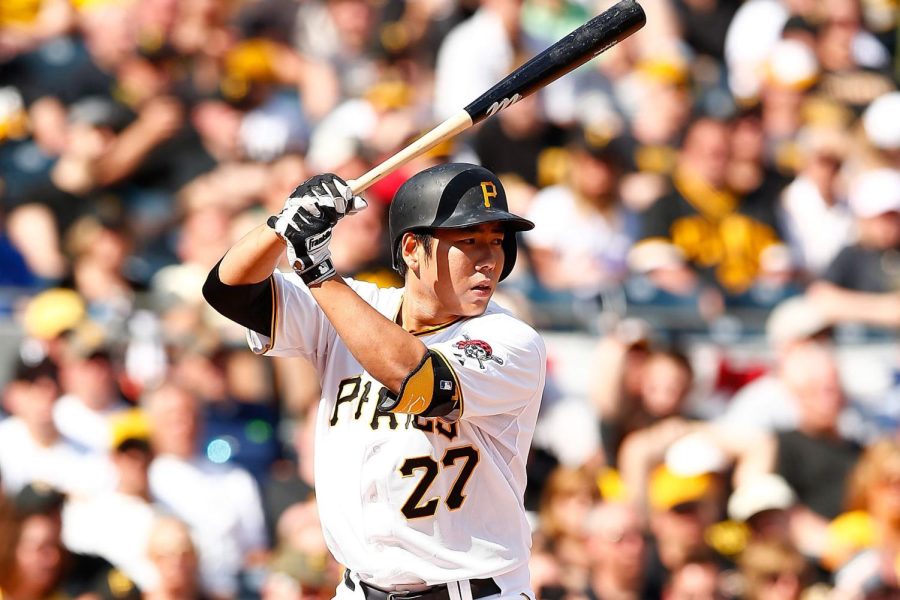
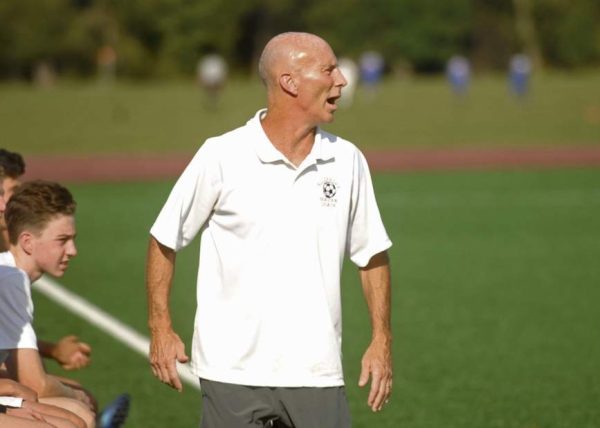
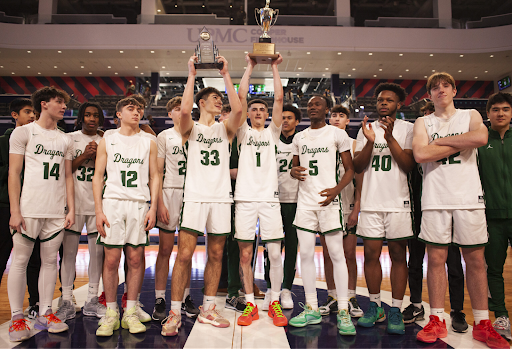
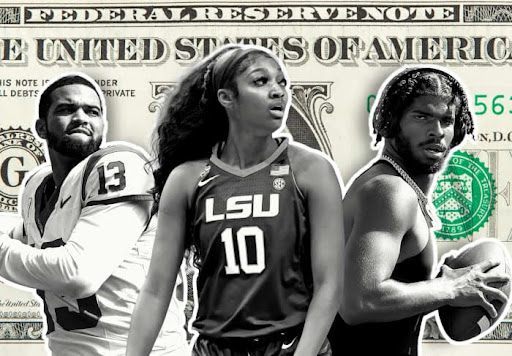

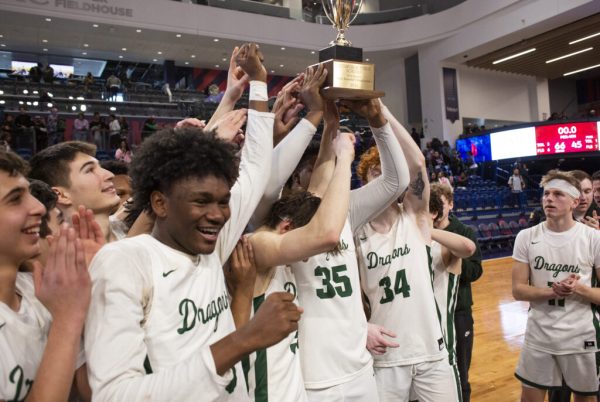
Spins • Jul 25, 2023 at 12:21 am
Just heard happy news about Jung Ho Kang, during Pirates at Padres game 7/24/23. Jung Ho at game. He made a leaping over the shoulder bare handed grab of a foul ball in stands. Pirate reporter Robby interviewed him. English much better. He is living full time in Los Angeles. He married (11/2022?)a Korean gal who’d been studying in Pittsburgh. He is running a baseball academy in LA as his post baseball career. He looked well, really good.